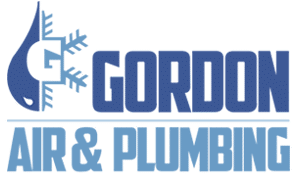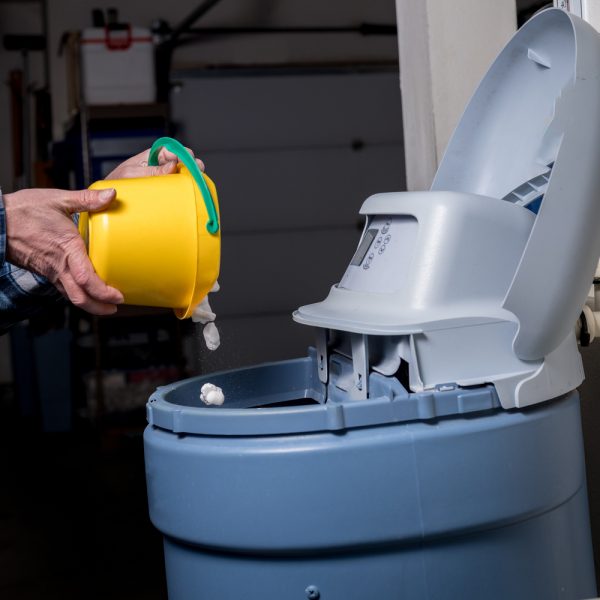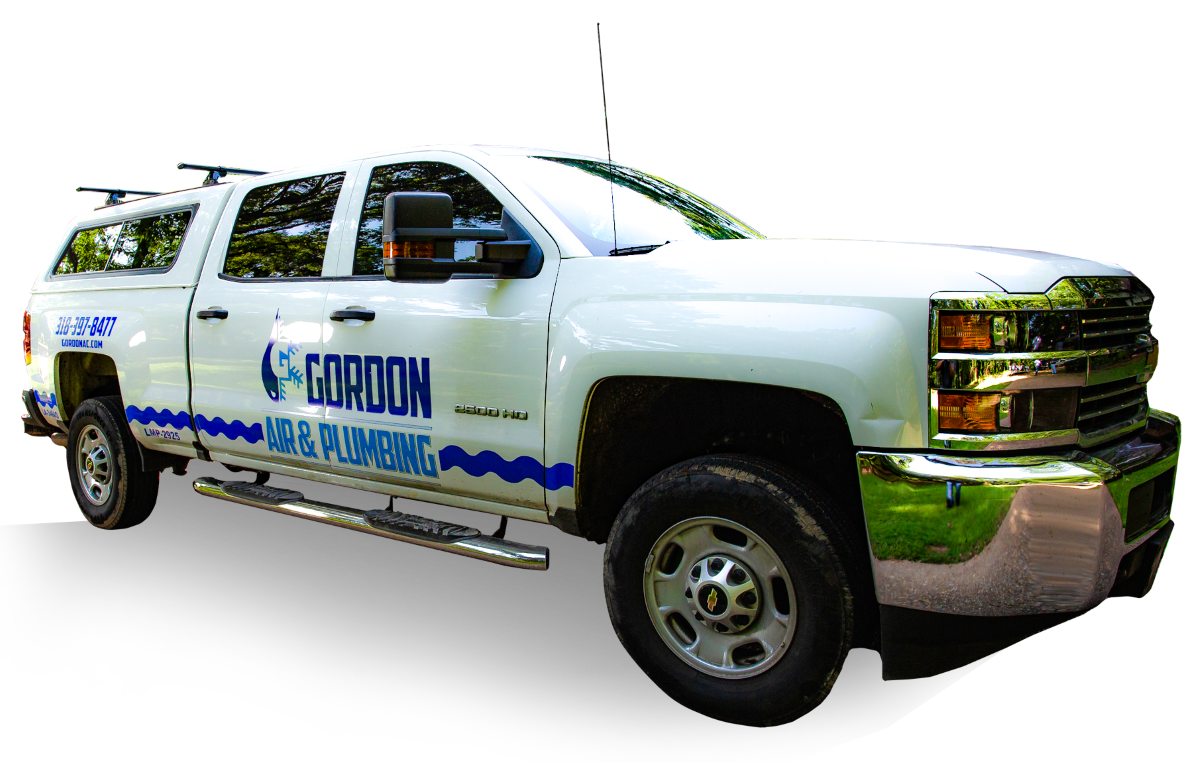Are you having problems with water spots on your dishes and constant dry skin? If the answer is yes, then you could be battling hard water in your home. But before you decide to purchase a water softener, it is vital to understand all of the pros and cons of water softeners.
What Is Hard Water?
The first step is learning that hard water is nothing more than water with high mineral content. Rainwater is very pure, but it does not always remain in that pure or soft state. As the water travels through the soil and rock, it can become contaminated by the minerals in the ground. And while these added elements do not represent a health concern in most cases, they create other issues.
Common Hard Water Concerns
The most common complaints about hard water are related to staining and mineral deposits. Homeowners notice a chalky white buildup on water fixtures and even in sink drains. It is also critical to note that these same mineral deposits can be forming in your water lines and causing damage to the pipes. Other issues related to hard water include reduced effectiveness of soap, shampoo, and detergents and a noticeable drying of skin and hair.
The Pros Of A Water Softener System
The benefits of a water softener include:
- Prevents buildup of minerals on fixtures, in water lines, and inside your water heater
- Extends the life expectancy of appliances that use water
- Reduces or eliminates the mineral spots on dishes
- Reduces detergent film left in the dishwasher
- Increases the effectiveness of soap, shampoo, and detergents
- Less damaging to your skin and hair
The Cons Of A Water Softener System
The drawbacks of a water softener, including:
- Regular water testing is needed to monitor the function of the water softener
- There is some maintenance requires to maintain the system
- The “Cleaning Cycle” for the water softener can use a significant amount of water
- There can be health concerns from the salt used in the unit
The Ion Exchange Process
Water softeners remove minerals from your hard water in an ion exchange process. The beads in the holding tank are negatively charged to attract the positive mineral ions. But those ions must be replaced with something. In most water softeners, the replacement is salt ions. There is not enough salt added to taste or smell. But anyone on a very restricted sodium intake could be impacted.
Salt-Free Water Softeners
For homeowners who are sensitive or concerned about increased salt intake, there are salt-free systems. These units use a potassium-chloride salt substitute instead of salt. The biggest downside to this salt-free option is that the potassium-chloride is much more costly than water softener salt. There are also filtration systems that do not introduce salt into your water to remove mineral particles. But they require much more care and maintenance to remain effective.
Water Testing
The first step to deciding if a water softener will meet your needs is a water test. These tests determine the water’s hardness level on a grain per gallon scale. At one grain per gallon or high, your water is on the hardness scale. At seven grains per gallon, you should start thinking about a water softener to prevent damage to your home’s plumbing lines and fixtures. These test kits can be ordered online or purchased at many big box stores.
You can also call (318) 202-9144 to schedule an appointment with the plumbing pros at Gordon AC & Plumbing. Our expert can test your water and discuss the results with you to determine if a water softener is right for you.



